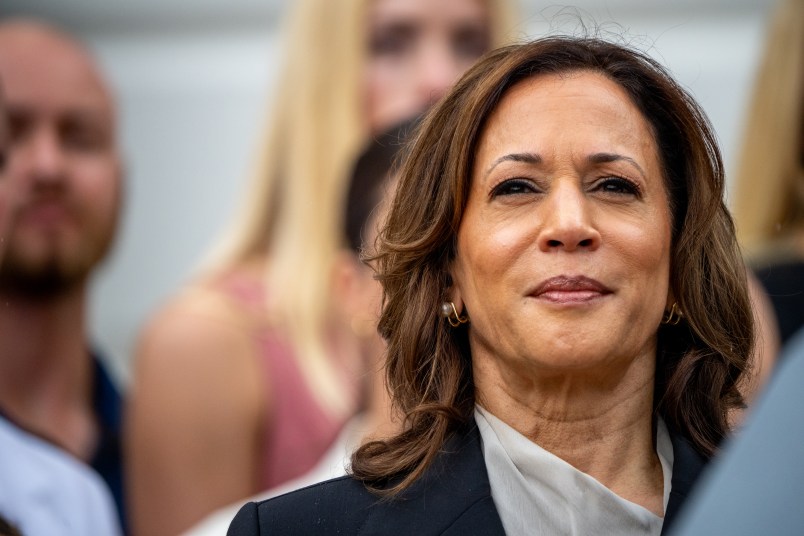A lot of calculations over recent weeks (in addition to a lot of political data and history) have assumed that Democratic senate nominee Travis Childers not only couldn’t beat entrenched longtime incumbent Thad Cochran but that he couldn’t even beat the erratic Tea Partier on overdrive Chris McDaniel. Now at least some people are wondering if that’s still true. And I’m at least starting to as well.
Let me begin by saying that I’ve seen countless divisive primaries where it seems like a party’s factions can’t heal, that one side won’t turnout for the winning candidate, etc. Truth: that almost never happens. Wait a few weeks and feelings will have cooled down. And in almost every case, people who were ever going to vote in the first will still end up voting. It’s one thing not to be able to turnout sometimes voters. But people who have a habit of voting will generally still turn out to vote. It’s habit. It’s life practice. Further confirming the point: the people who are usually most aggrieved and angry in a bitter primary fight are by definition highly politicized people – activists, every-time voters.
It’s one thing if you’re in a state where the race was always going to be close and you don’t need many votes to move. But that’s hardly the case in Mississippi. This is an extremely conservative and racially polarized state that hasn’t sent a post-Civil Rights Era Democratic to the Senate ever. You need a major shakeup of the electoral landscape to change that equation.
So go in with the assumption that this kind of outrage fades. But I’m hearing enough to think that this could be one of the very rare exceptions. I’m not predicting a Democratic victory. I’m just saying I’m starting to think it might be possible.
Some of this comes from talking to friends and local observers who a month ago were telling me that it didn’t matter if Cochran or McDaniel won, Childers had zero chance either way. Now some of those same people are telling me, they think he might have a chance, just because of the bitterness verging on hatred so many of McDaniel’s supporters have for Cochran.
So why could this be the exception that breaks the rule? I would say it is not so much the intensity of the anger at Cochran as what I’d call, for lack of a better word, its structure. People get angry. But anger fades. Here though the argument against Cochran has a logical structure and coherence which may be durable. The McDaniel folks have a very specific and concrete reason they think they were cheated. Not a general sense that the campaign was nasty or vague allegations of shenanigans, but something very concrete and specific. Cochran very openly campaigned for the support of Democrats, specifically black Democrats. And with Cochran only winning by about 6000 votes, it’s quite reasonable to assume those people gave Cochran has margin of victory. Whether you think it’s a racial thing or just the McDaniel camp’s discredited and self-serving read of Mississippi election law, it’s not a vague. It’s a clear narrative based on a series of real developments in the lead up to the election. That kind of thing holds.
In addition the McDaniel folks and a lot of their high profile supporters out of state think Cochran committed a sort of partisan and ideological treason to win the election.
Here’s how Ramesh Ponnuru put it a piece today in NRO …
It is deepening the party’s internal division, because it has reinforced tea partiers’ view of what’s wrong with the GOP establishment: that said establishment is committed to big government, that it seeks to win elections by boasting about that commitment, that it disdains the tea partiers, that it views them as racist, that it will stop at nothing — even hurting the party overall, by giving credence to the view that a large number of Republicans are racists — to defeat them. The way Cochran won is going to add to the party’s problems, and not just in Mississippi.
The issue of race here obviously cuts very deep, on many levels and in many ways. But the broader point is that it all fits together as a partisan, betrayal narrative. It encapsulates a whole host of Tea Party grievances with the so-called GOP establishment. However good a candidate Childers might be, I think there has to be some institutional force to hold the anti-Cochran feeling together. A conservative third party candidate would do it. So too could some organized rightwing pressure group essentially campaigning against Cochran while he’s battling with Childers.
As I said, I don’t think it’s likely but I’m starting to think it might be doable. I’m curious to hear what you think.








